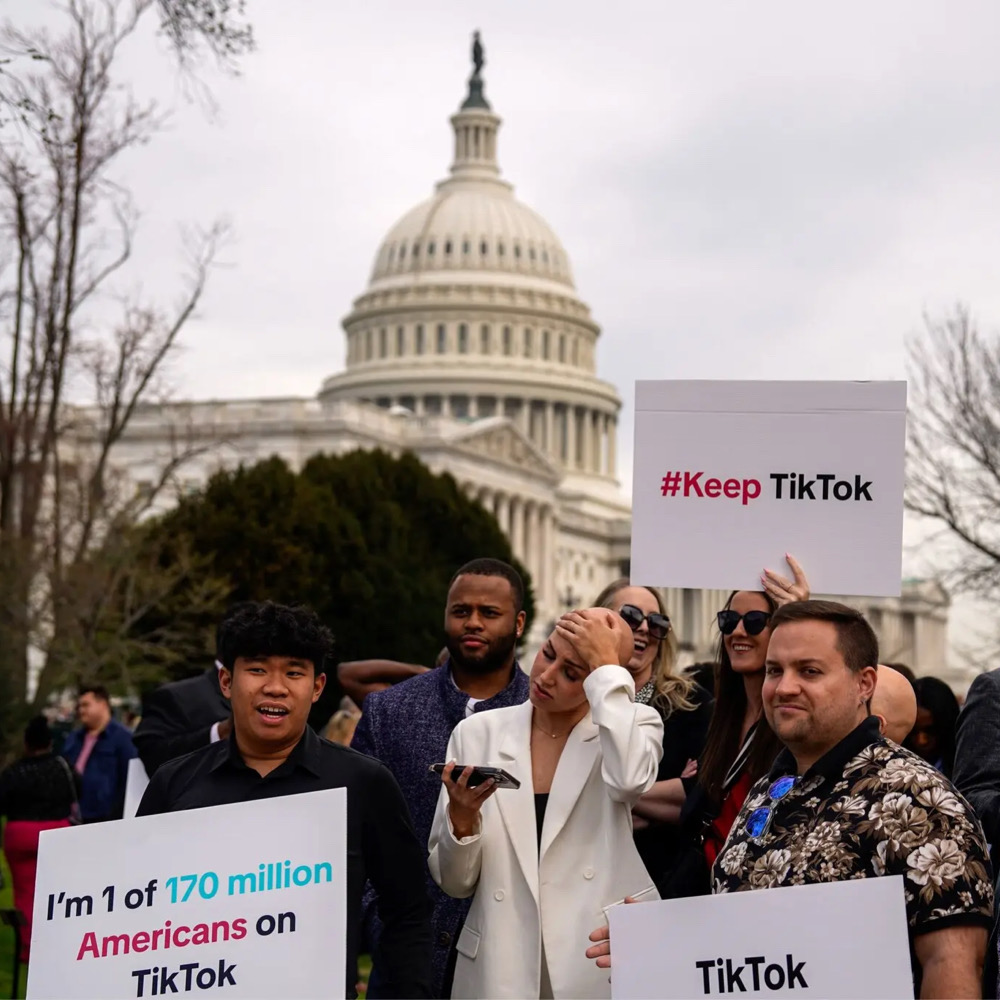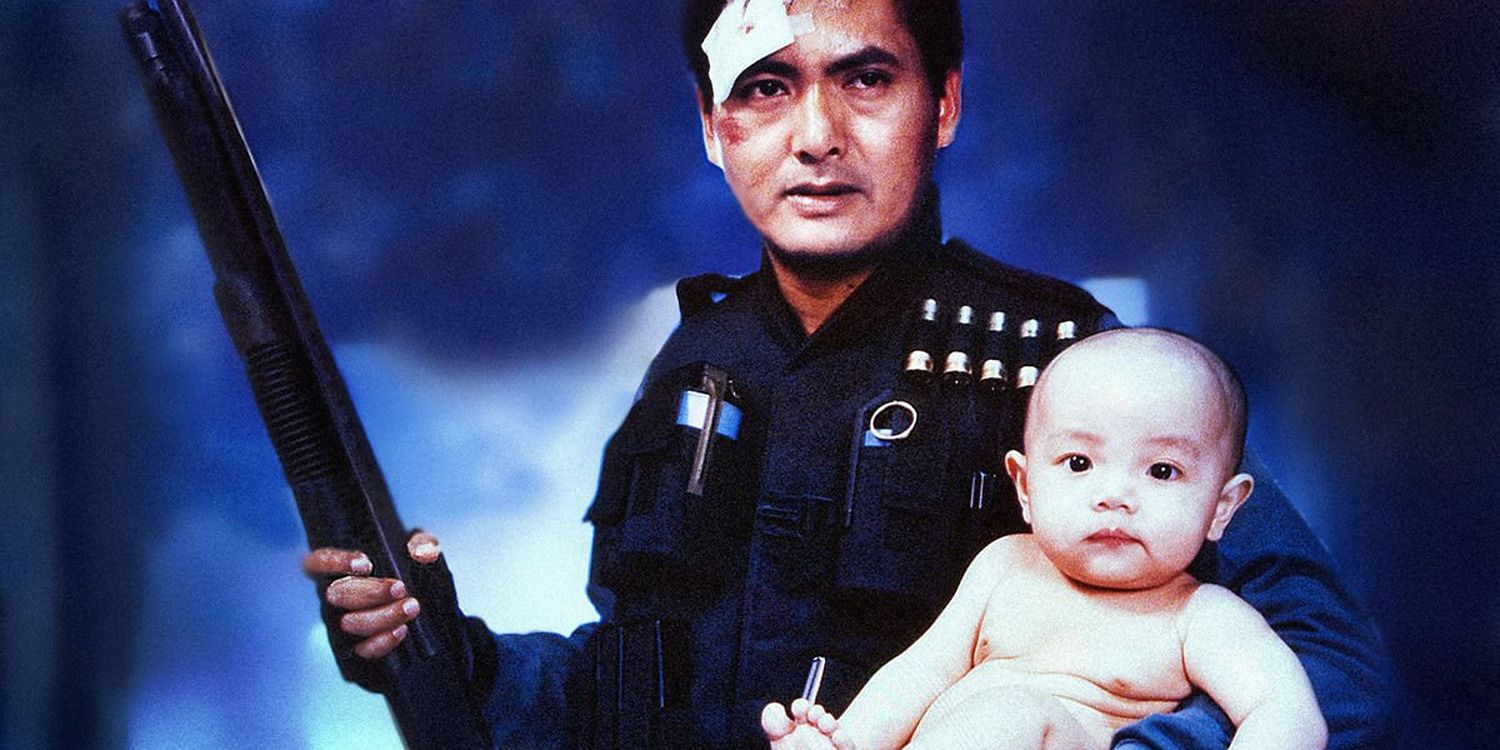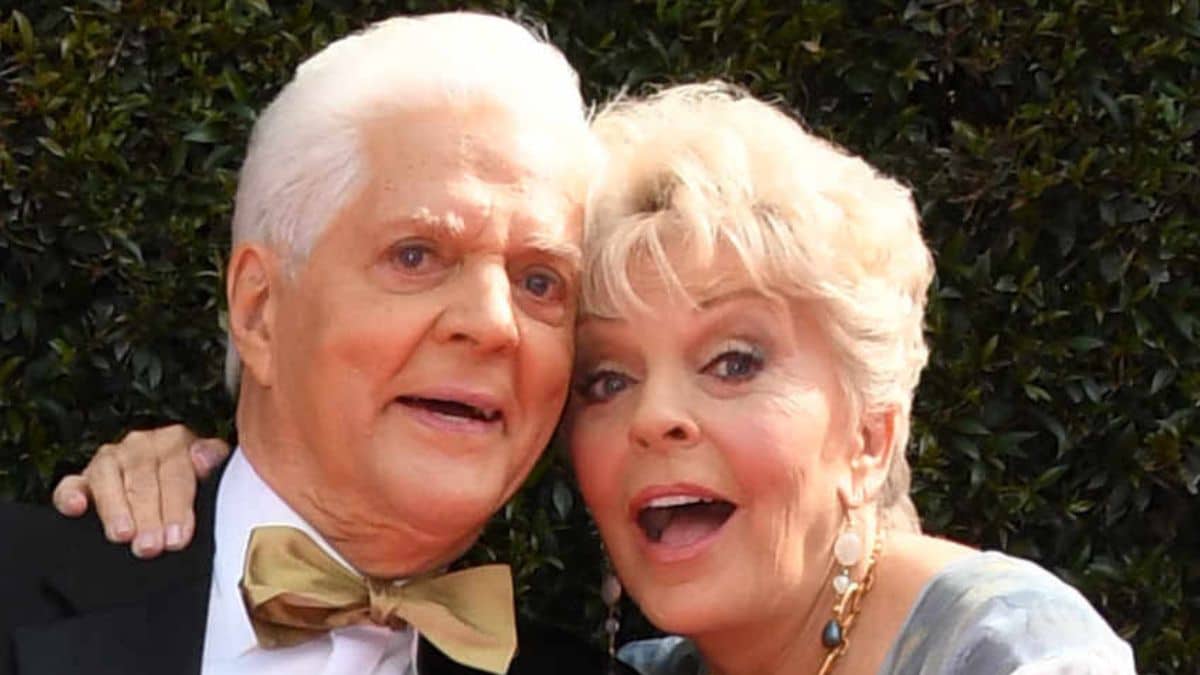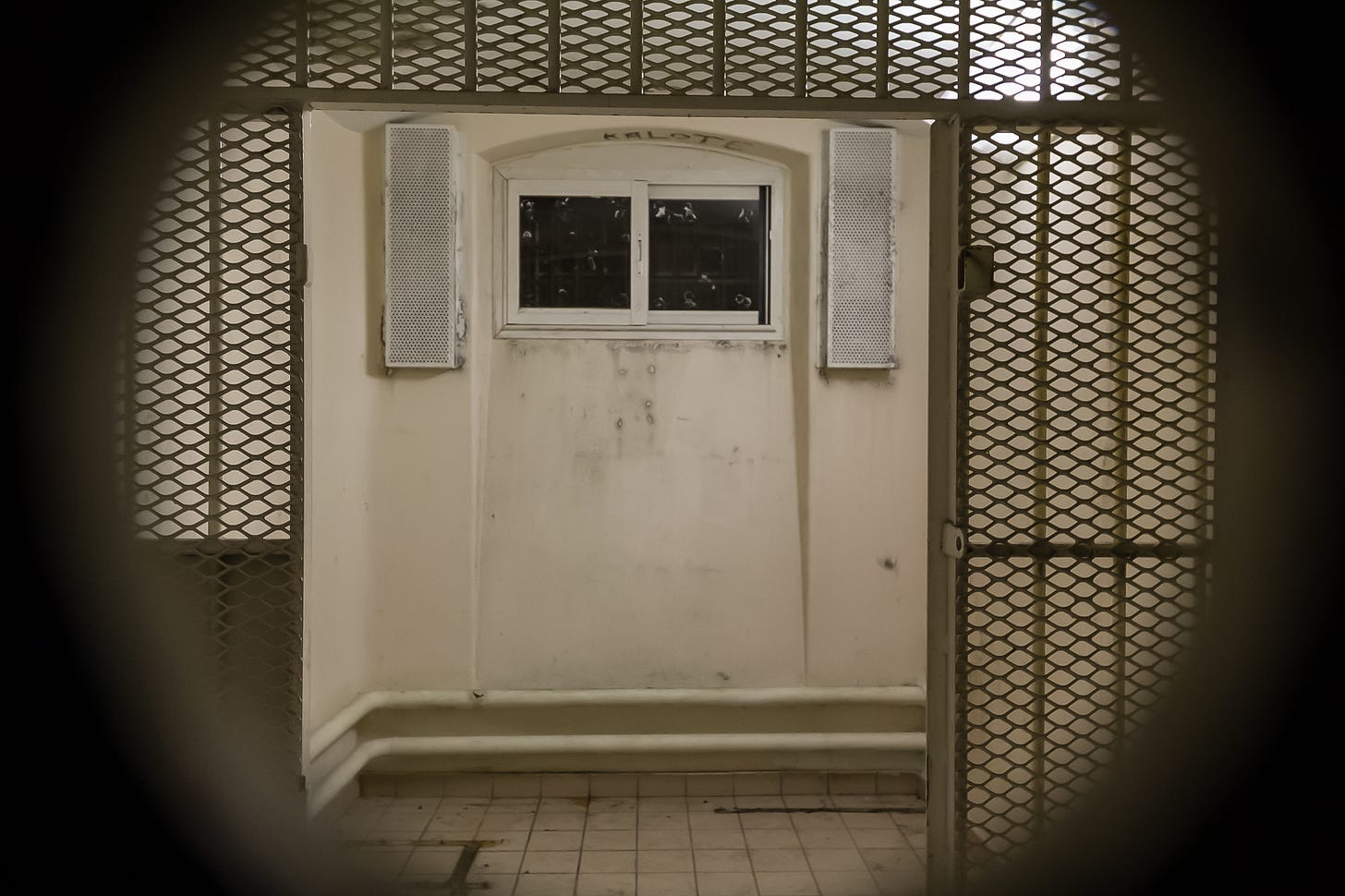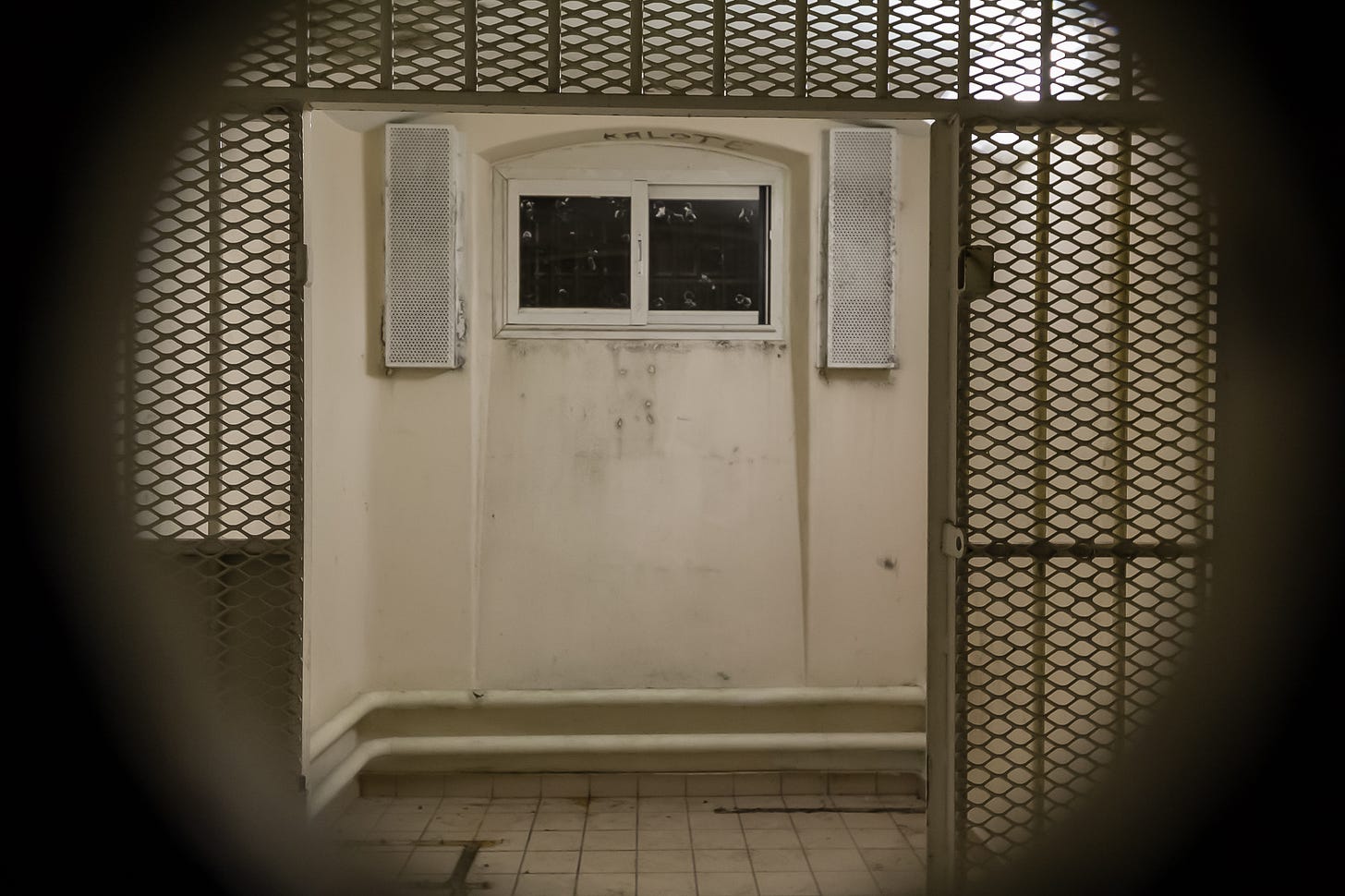In October of this year, the United Nations body officially decreed that the United States’ practice of life sentences, life-without-parole in particular, is “cruel, inhuman, and degrading in violation of international human rights standards” and that they violate the basic rights of “life, liberty, and to be free from torture.”
And yet, because we really don’t recognize the UN as a valid authority on human rights issues, that is not necessarily advice we are going to take.
However, this week, the state of Massachusetts took a step in the right direction, as their Supreme Court determined that sentencing those under the age of 21 to life in prison is a violation of their state constitution.
Via WBUR:
The case involved Sheldon Mattis, who is serving a life sentence for his role in the 2011 fatal shooting of Jaivon Blake in Dorchester. Mattis was 18 at the time of the shooting. He had given a gun to Nyasani Watt, who shot Blake. Both defendants were convicted of first-degree murder, but because Watt was then under 18, he was deemed eligible for parole after 15 years. Watt was sentenced to life without the possibility of parole.
In Thursday’s 4-3 ruling, the justices cited several factors underlying the court’s decision. Chief among them was discussion of scientific data and evidence that supports the idea that young adult brains are still developing.
In their ruling, the judges acknowledged the current scientific consensus suggesting that human brains are not fully developed until 25 years of age, making it pretty icky to sentence people to life in prison without parole for crimes committed before even 21. We don’t allow people to buy liquor or cigarettes until that age, on the grounds that we do not feel they are capable of making solid adult decisions until then, so it only stands to reason that we shouldn’t be sending people to prison forever for things they did before the age of 21 either. Truly, we do need to pick a lane here.
People, especially young people, deserve a chance at redemption. To say that a crime that someone commits before their brain is even fully developed is something they can never recover from, that they are a threat to humanity for the rest of their days, is beyond cruel and beyond depressing. We deserve to live in a nation with more hope than that.
Given that we still have the death penalty (a practice frowned upon by practically all possible international human rights organizations), this is an especially huge step towards being less gross, in general. It’s just one state right now, but it is likely that other states will follow suit, and that would be a heartening thing to see.
It’s not hard to do better than we are doing right now, given that the baseline is so very low, but the more states step up to say “no more,” the less embarrassing we will be as a country.
PREVIOUSLY:






























